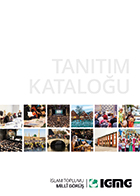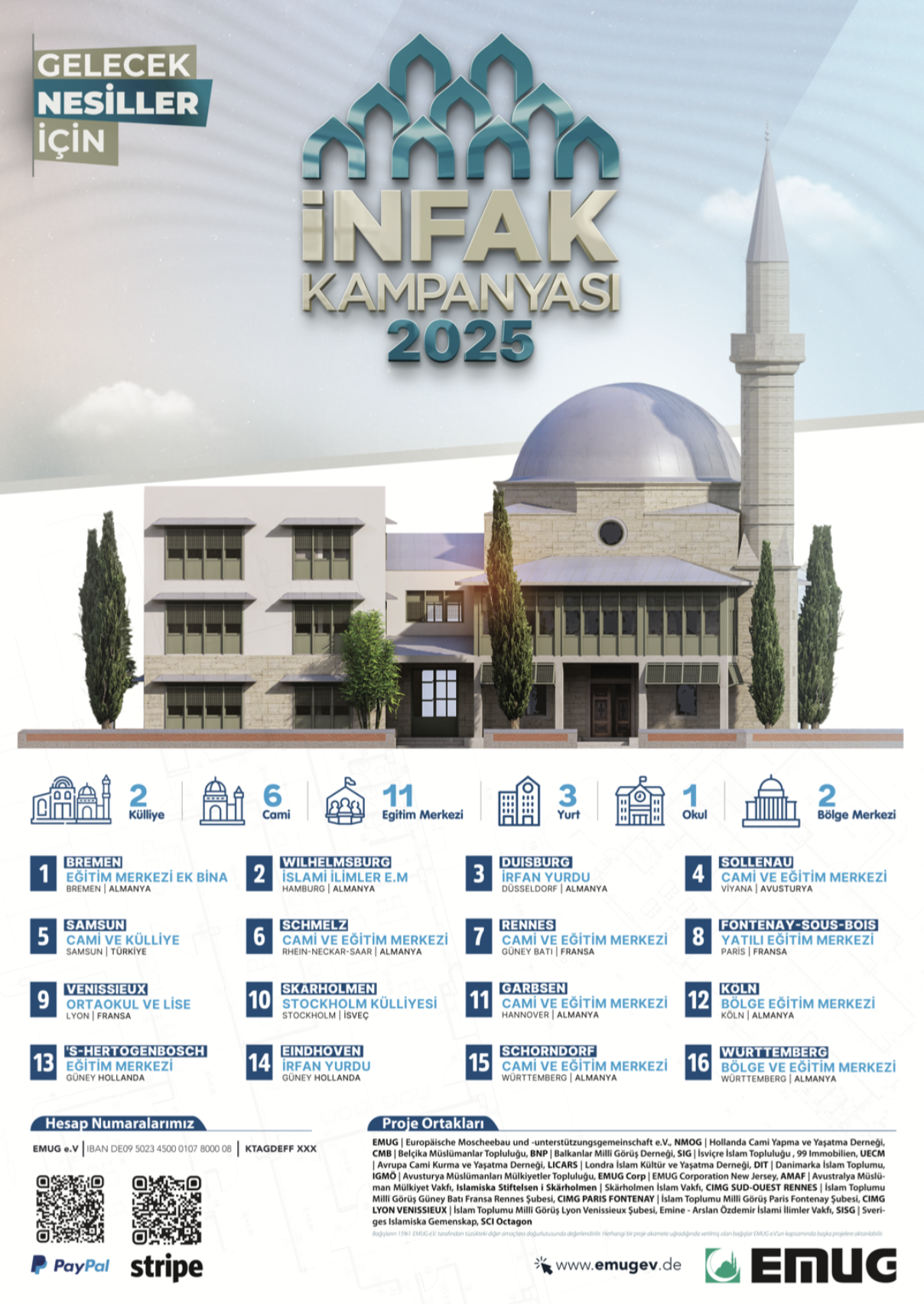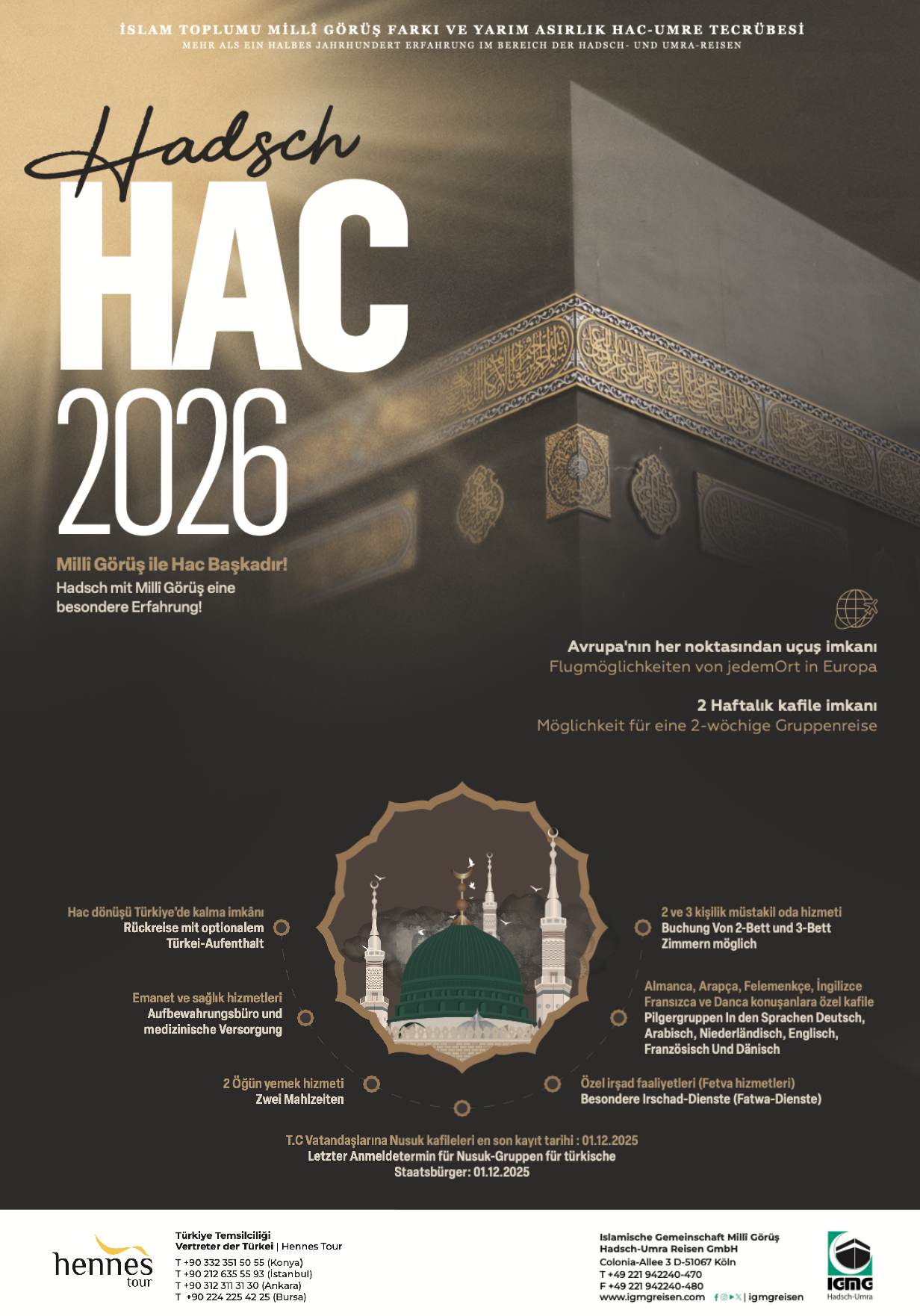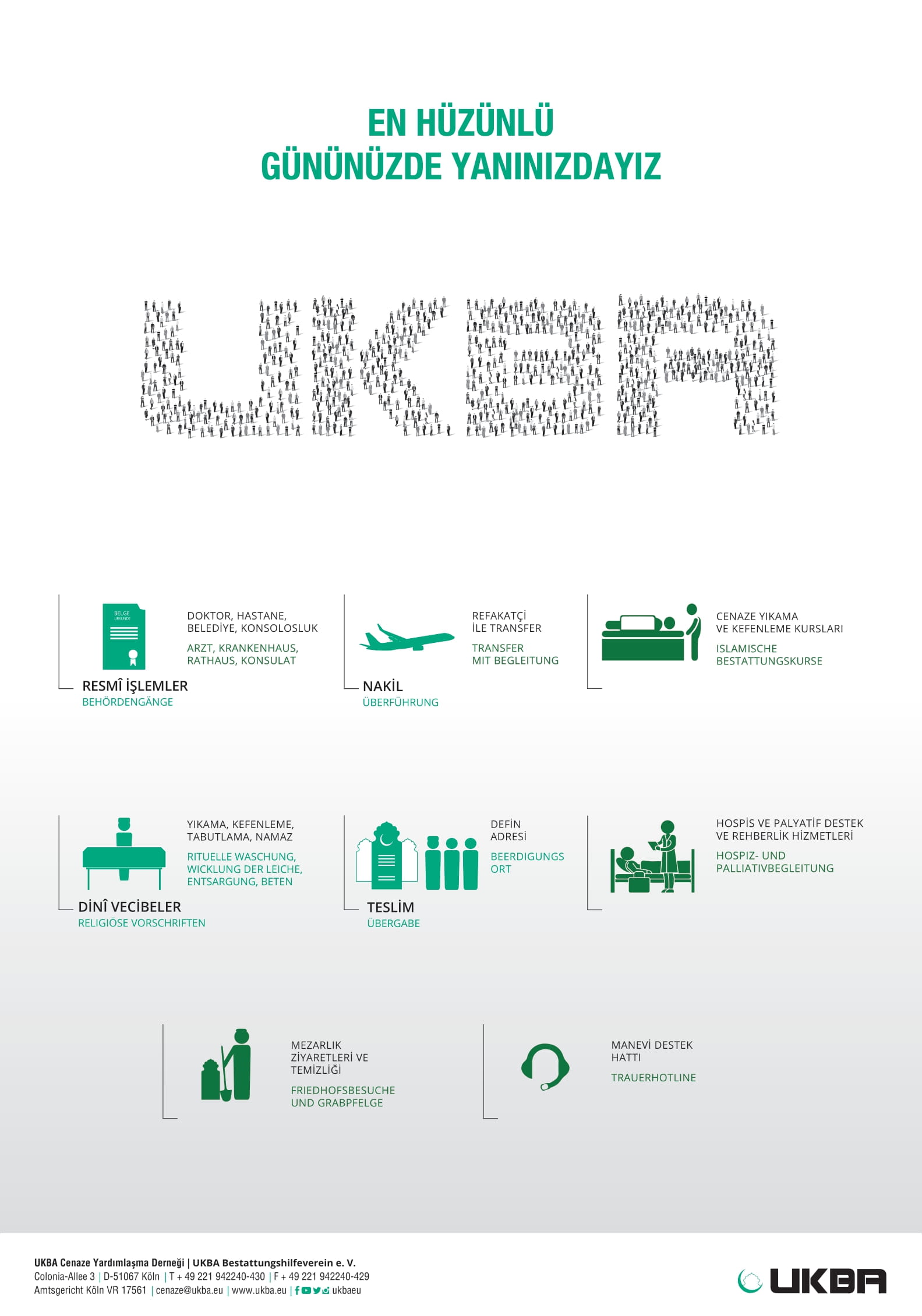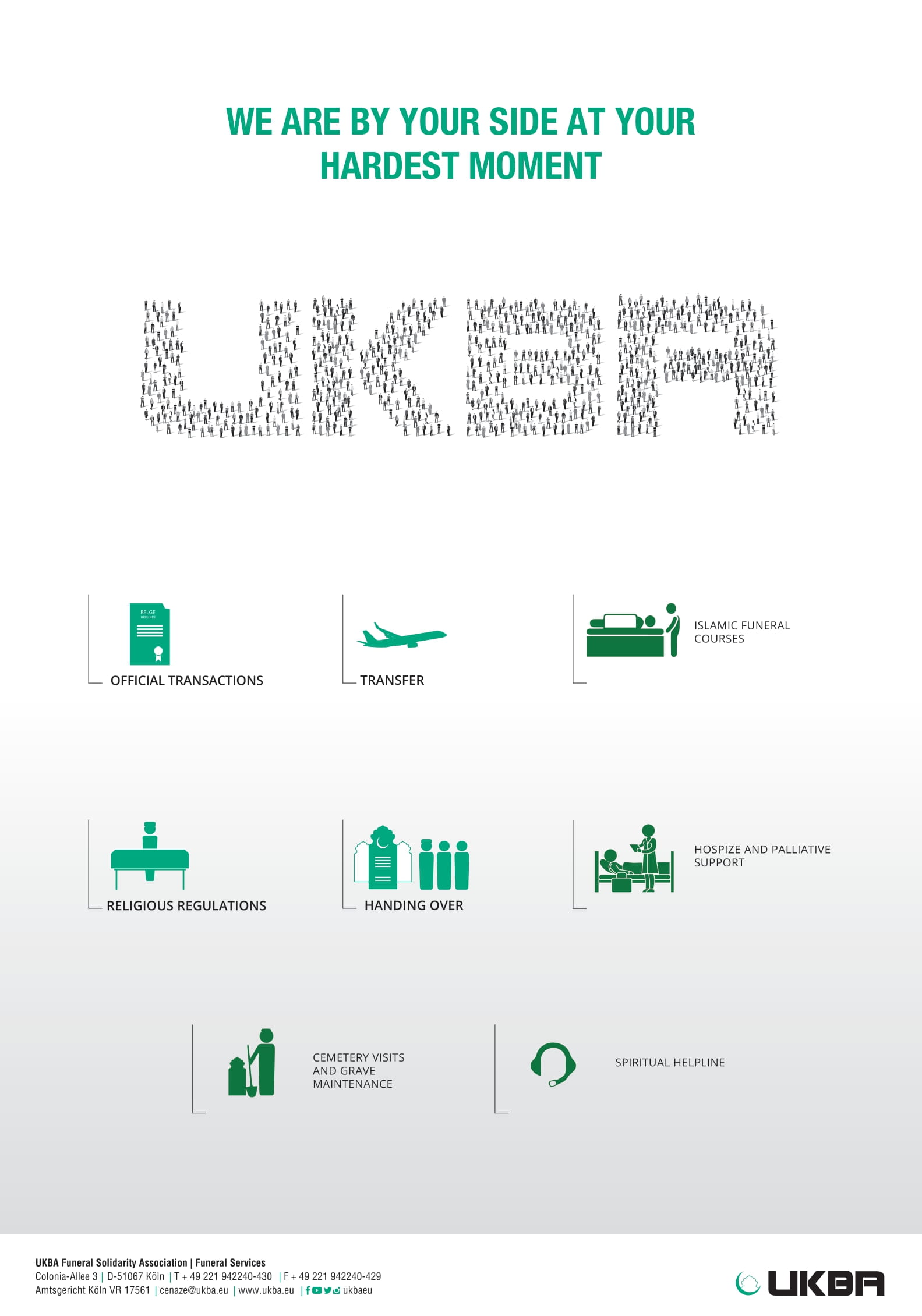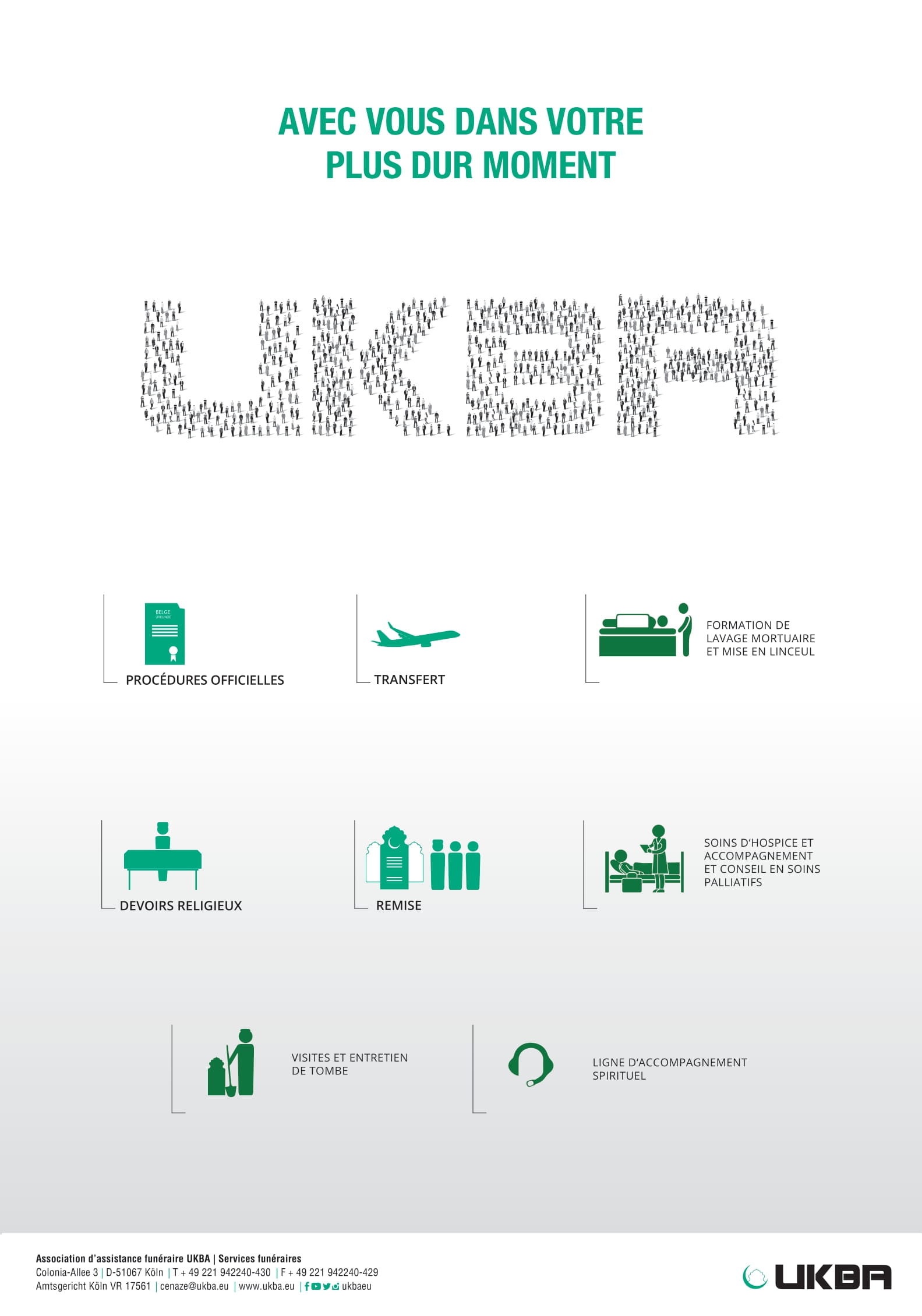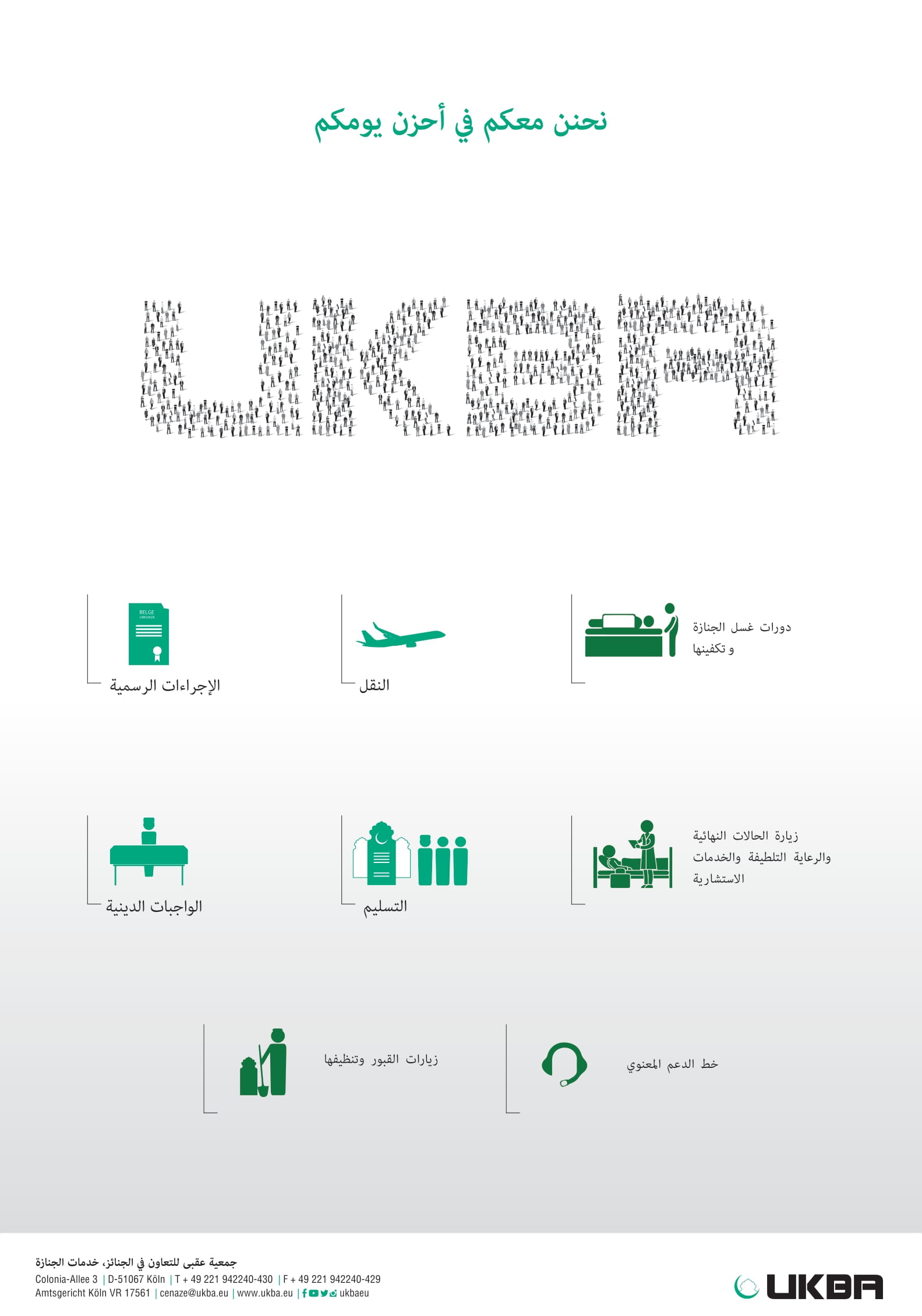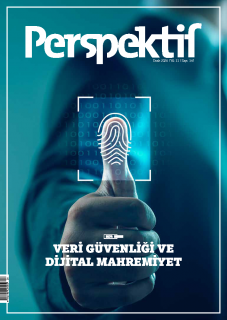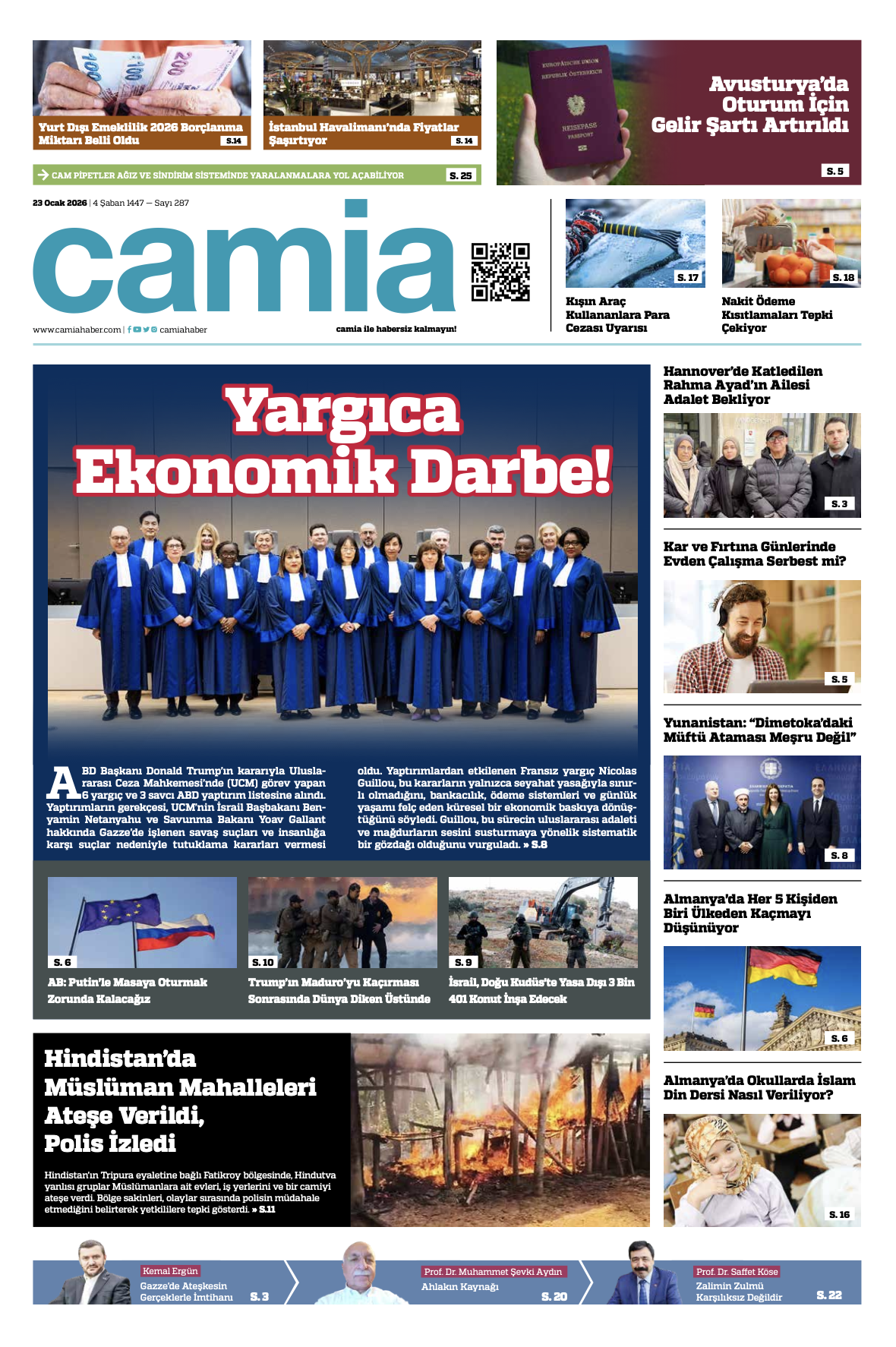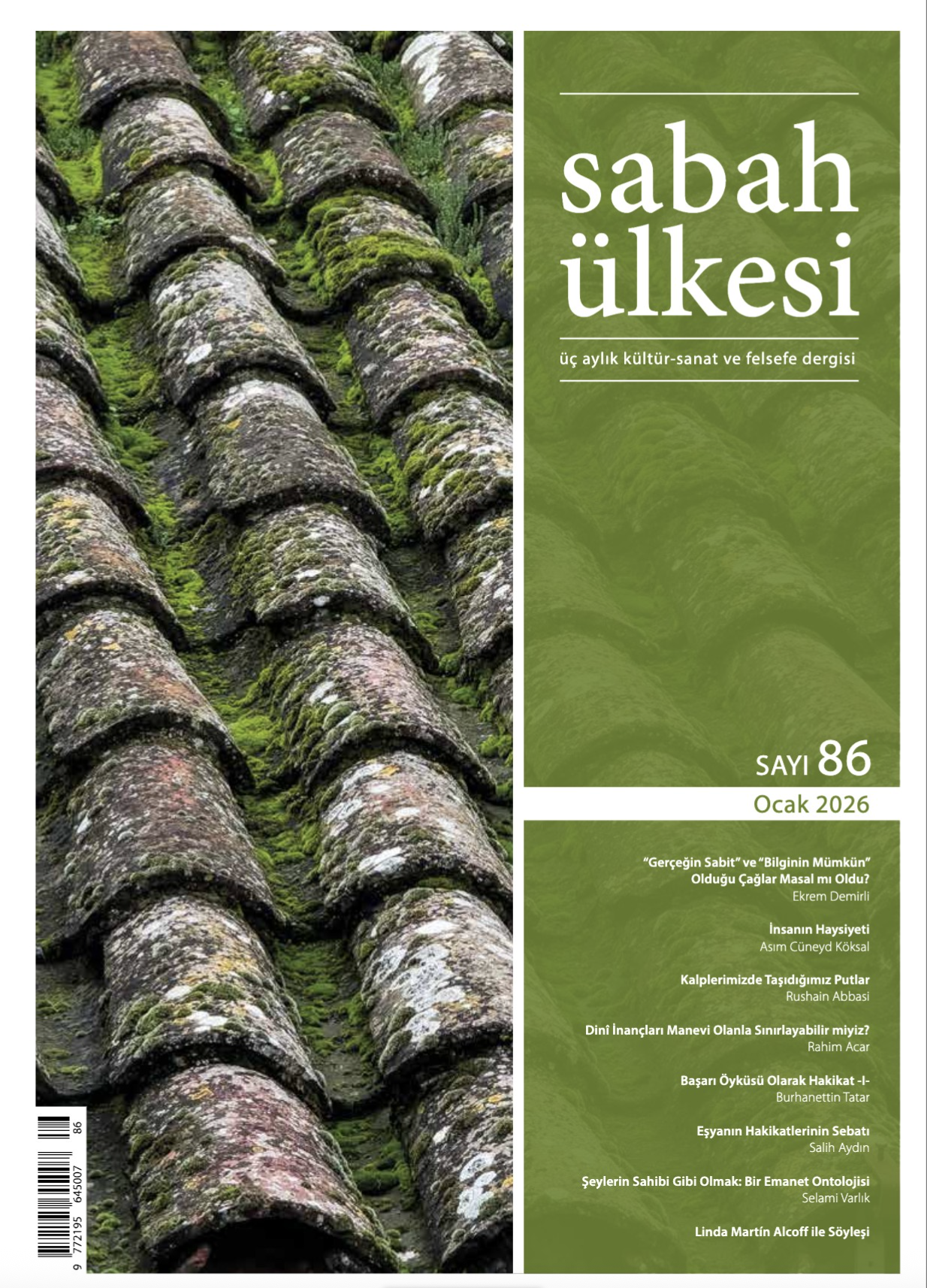Friday Khutba
Our Awareness of Privacy
31. July 2025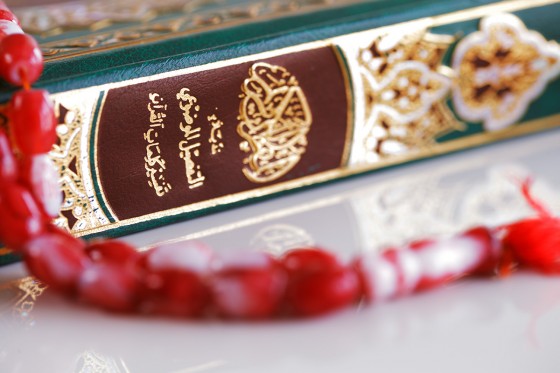
Dear Brothers and Sisters!
Every person has basic rights. One of these rights is privacy. The body, created by Allah (swt) with a pure nature, is a person’s privacy; it is untouchable. In Islam, there are three main areas where the right to privacy is discussed. These are bodily, spatial and informational privacy. Bodily privacy is the right of a person to be protected from all kinds of physical intervention and violence, from being watched and from being recorded without consent. Spatial privacy refers to the protection of the physical space surrounding a person and the sacredness of private living spaces. Informational privacy determines the sacredness regarding the collection, storage, reproduction and sharing of private information.
Dear Brothers and Sisters!
Our Prophet Muhammad (saw), when saying, “Your body has a right over you”[1] reminds a person of their responsibility regarding their body. This responsibility, in addition to the rights of the body such as nourishment, clothing, protection from illnesses and treatment, also requires respecting the right to privacy. Entering individuals’ private living spaces without greeting, permission or notice is a situation conflicting to morality and law. Our homes are private spaces that shelter, protect, conceal and cover the private affairs of their people. Obtaining permission before entering a person’s private space is a matter so important that it is addressed in the Qur’an. Another problematic behavior regarding the violation of spatial privacy is spying on someone’s private living space. Our Prophet (saw) draws attention to this matter by saying, “No one should look into another person’s house without permission. Whoever looks without permission is like one who has unlawfully entered.”[2]
Dear Jama’ah!
With the advancement of technology, protecting privacy has become more difficult; digital platforms have turned into grounds where all kinds of content, even those meant to remain private, are easily shared. Is the display of private matters a result of digitalisation, a desire for approval or a moral decline? At this point, we must all question ourselves. On these platforms, morally and religiously inappropriate posts, violations of privacy and infringements of personal rights have become serious problems. It is necessary to uphold moral principles in social media usage as well. When using social media, our priority should be to safeguard the trust placed in our words, actions and what we see, fully aware that everything in this world is a trust given to us. Even on social media, it is forbidden and sinful to investigate others’ faults and shortcomings or to reveal their secrets. At the beginning of my khutba, I recited the verse where Allah (swt) warns us: “O children of Adam! Let not Shaytan deceive you as he caused your parents to slip from Paradise by stripping them of their clothes to expose their shame. Indeed, he and his followers watch you from a place you cannot see. Surely We have made the devils allies to those who do not believe.”[3] A believer must never forget they are a believer wherever they are and in whatever environment. Social media is included in this. Our servitude and responsibilities continue on social platforms as well. Therefore, we must also remember that sharing any text, image or news we see on social media without researching it surely carries responsibility. At the beginning of my khutba, I also recited the hadith where the Prophet (saw) said: “Avoid suspicion, for suspicion is the worst of false tales. Do not spy on one another, do not listen to others’ conversations, do not harbor hatred towards one another. Be brothers!”[4]
So, let us avoid suspicion, respect privacy, protect each other’s rights and truly become brothers. May Allah (swt) protect us and our children. Ameen.
[1] Müslim, Sıyâm, 182
[2] Ebû Dâvûd, Taharet, 43
[3] Al-A’raf, 7:27
[4] Buhârî, Nikâh, 46
Khutba – english
Khutba – turkish
Khutba – german
Khutba – arabic
Khutba – french
